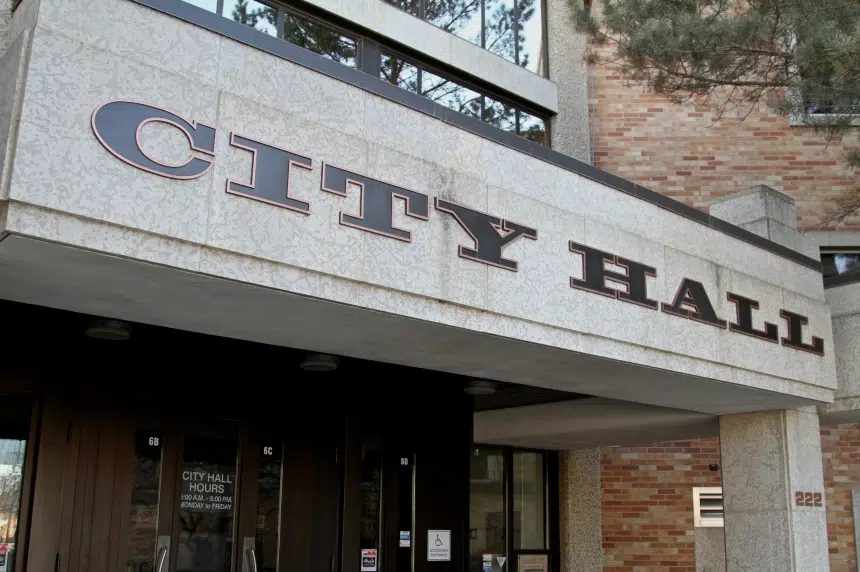A Saskatoon city councillor wants to see a much more aggressive program when it comes to replacing the city’s lead pipes.
Pat Lorje, who represents Ward 2, admits because some of the lead service connections from the water mains have been in place for years and are well-coated, the risk of any lead leaching into the water is minimal.
“Still, people are asking for assurances that the water pipes that deliver the water to their homes are as safe as possible,” she said.
And Lorje believes those people shouldn’t have to wait years before their connections get replaced. Any resident who wants to swap out their lead pipes can request to be put on a list, but Lorje said she’s been hearing from frustrated homeowners.
“I get phone calls from people who say ‘I’m on the list and I’ve been told it’s going to be almost five years before I will be able to have my pipes replaced and I’ve got a six-month-old baby and I don’t like this.’ And I sympathize with those people,” she said.
The city’s director of major projects, Mike Gutek, said between 80 and 100 voluntary connections are replaced every year. That’s in addition to any pipes that naturally fail and therefore require immediate replacement.
Funding for the city’s lead service connection program is $1.6 million a year, and Gutek said the connections that break take priority.
In the cases where people ask for replacements, the city will cover the cost for the portion of the pipe that is on public property while the homeowner is responsible for what lies on their land.
“Saskatoon is, I would say, a leader in North America. We do not allow partial lead lines to go back into service, and that happened as a policy decision a few years ago,” he said.
Currently, only seven per cent of the city’s lines are made of lead, according to Gutek. He said anyone who is concerned about the make-up of their water can contact the city. Water treatment staff will determine if tests need to be conducted on a case-by-case basis.
“Based on the information, if a test is needed, samples need to be taken in the proper way,” Gutek said, adding there may not be a cost depending on the situation. “We’re in the business of producing water and there’s going to be many situations where of course we would just do that as part of our service delivery.”
He said people can also pay to get their water tested at the Saskatchewan Research Council, located on Innovation Boulevard.











